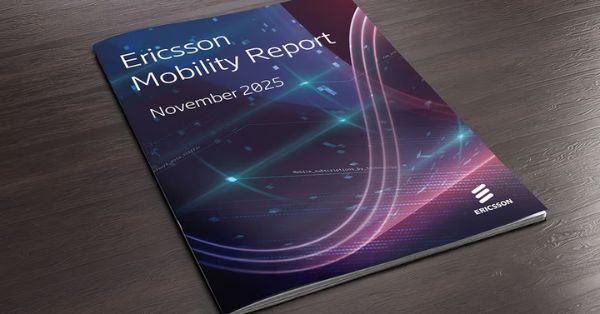In order to build its own 6G network service and stay ahead of the curve, South Korea plans to deploy cutting-edge technology and software as well as reinforce its existing supply chain. To achieve this goal, the country will incentivize local companies to develop materials and components for constructing the 6G network.
South Korea is currently in a race with the US, Taiwan, and China to be the first country to launch a commercially available 6G network. Although South Korea faces stiff competition from both Taiwan and China, there is an excellent chance that the Chinese development of 6G networks will face delays due to embargoes and sanctions imposed by various countries.
The South Korean economy, which is Asia’s fourth-largest, will face extra stress to its supply chain network due to the project being valued at 625.3 billion won (roughly $482.1 million). Furthermore, their 5G patent control in 2022 is expected to be 25.9%, second only behind China’s 26.8%. Notably different from earlier 4G technology development which was typically dominated by US and European firms.
South Korea is determined to surpass its competitors by obtaining state-of-the-art 6G network components and launching the technology. Furthermore, it intends to expand its share of 6G patents up to 30% or beyond. By implementing 6G technologies early on, South Korea can obtain an edge over other countries in developing future communications infrastructure and fulfilling upcoming needs.
6G networks and speed offer the promise of extraordinary connection for millions. Zhang Yongtao, Deputy General Manager of Ericsson China Technology Department, declares 6G will merge virtuality with reality to make holographic communication no longer a distant dream but rather a present possibility.







































